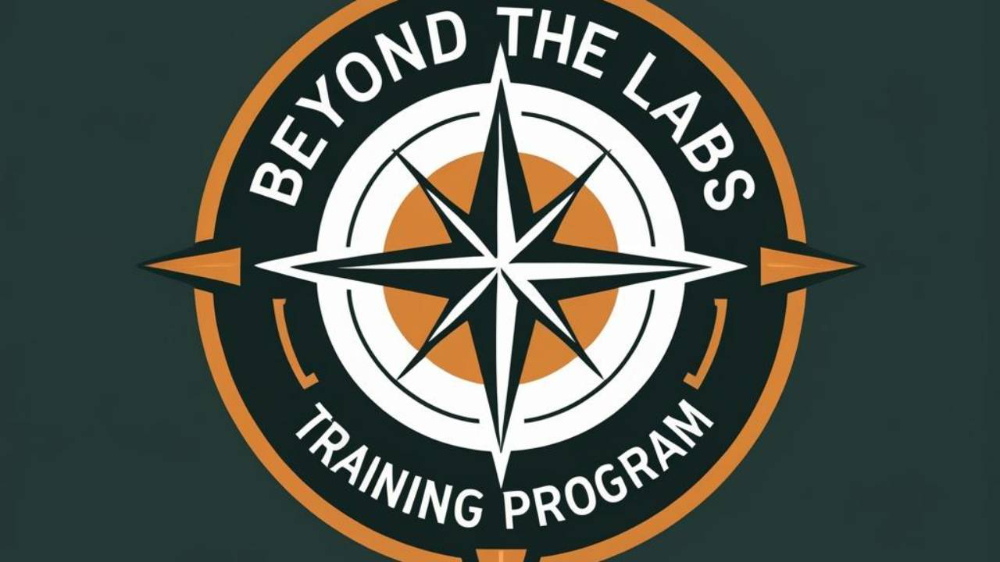Who is the Core Supplement User (CSU) ?
Nov 23, 2015
In an effort to help their audience in the increasing challenging nutritional industry, Nutrition Business Journal (NBJ) set out to define who the Core Supplement User is- what values and beliefs drive them.
NBJ started out by conducting interviews with industry insiders, such as executives at nutritional companies and natural health retailers.
From this information they developed a screening criteria to find a representative group of CSU’s. They then provided in depth interviews with CSU representative group to discover what makes them tick- the values, beliefs, and motivations that drive behavior on purchasing supplements as well as health and wellness services.
Who The Core Supplement User Really Is
The Core Supplement User has a strong commitment to using supplements, with 3 main benefits they look to derive from supplements.
- 1.Prevention of disease
- 2.Nutritional Enhancement (plugging the holes that diet wont fill and enhancing an already good diet)
- 3.Avoidance of prescription medications (an important point for us to understand, looking at ourselves as health and wellness dispensers, not so much medication dispensers.)
Motivating factors and challenges in a CSU path to health and wellness include:
- 1.Major life event that has guided them to preventative wellness. It could have been a personal injury which left them seeking out alternative treatments with success where conventional therapy failed (ex- chiropractic care), the benefits of a whole food diet on a child with ADHD where medications did not hold up there end, or seeing a loved one, such as a mother or father dealing with diseases that could have been prevented through lifestyle and diet, while poorly managed with conventional medicine.
- 2.They recognize where there personal experiences can be challenging, such as adhering to a gluten-free diet, or falling under the peer pressure of others who do not share there same view on health (ex- mother / wife decides to make dietary changes but no one else in the family supports her.)
3 core traits that define their values, desires and beliefs.
- 1.Dedicated to Holistic Wellness
- Food first, organic, non-gmo, local, no additives
- Look for the root of disease, not just treat symptoms
- Varied exercise and practices of mind-body such as yoga, meditation
- No one diet defines- but varied diets based on real whole foods (Paleo, Mediterranean, vegan, vegetarian, raw, gluten-free)
- Physical activity leads to mental wellbeing
- Mindfulness and positive attitude are essential
Keywords: local, organic, non-gmo, non –additives, yoga, mindful, meditation, real food, gluten free
- 2.Intellectual Curiosity
- Independent thinker’s
- Value first-hand experience over media reports or journal studies
- Lack of faith in mainstream news, trends, and marketing
- They don’t take a practitioners word for it, they want to see for themself
- Make informed decisions, research
- Supplements that are of the highest quality, companies that are transparent, and products free of fillers and additives
Keywords: intelligence, research, transparency, knowledge, science, lack of trust, pure
- 3.Strong sense of personal responsibility
- Less reliant on medical interventions and medications
- Prevention = less medical treatments
- Belief in prolonging life
Keywords: Empowered, prevention, self-care, self-responsibility
View and Beliefs of Traditional/Allopathic Medicine
- Traditional medicine and medical care are of value, but not for prevention or disease management- only for emergency care
- Healthy lifestyle is the key to prevention
- They value personal experience over medical advice- they believe that they know their bodies better than any medical professional
- They do their own research
- Their information approach: Personal experience + advice + research. They believe they are their own best health advocates.
- Like to share their knowledge and lead their friends and families toward a healthier lifestyle- thus they are an excellent source of referrals’
Belief on Supplements
- Preventative insurance. Food most important, but supplements plug the holes and enhance. Top supplements: Vitamin D, multivitamins, Omega 3’s
- Those who follow vegan or vegetarian diet believe they need to augment their diet. Key supplements they seek, B’s, B12, and enzymes
- When feeling ill, they seek out natural supplements before prescription medications such as herbs, essential oils, and zinc.
- Seek out supplements such as whole foods, and don’t contain fillers and additives
- Do not blindly believe negative nutritional news in media- they do their own research
Source: http://newhope360.com/supplements/profile-todays-core-supplement-user
What might help you further understand the mind of the CSU, is a piece of information I came across in the Whole Earth Catalog Millennial Edition in 1994. As you will see, it was way ahead of its time, as it seems these values are now front and center.
A Shift Toward Information-Age Medicine
The article titled, From Industrial-Age Medicine To Information-Age Health Care, was ahead of its time, addressing and even foreseeing the current challenges our health care system faces, with the solution being a greater shift towards information based self-care.
The article highlighted both systems of medicine, where industrial age medicine encouraged high dollar professional care first, regardless of the problem in health, and discourages low dollar self-care. Information age medicine is just the opposite where it encourages individual self-care first and discourages health care professionals as ultimate authorities, unless needed.
The big take home is that the low dollar, information age health care promotes self-responsibility, and the high dollar is more akin to giving way one’s responsibility, leaving people to solely rely on the system itself.
In the information age health care, there are 6 steps which start at low dollar health care promoting self-responsibility and transition to high dollar medical treatment, if and when needed.
- Individual Self-Care- Individual practices preventative wellness and first attempts to recognize, manage and/or treat on their own.
- Family and Friends- When individual self-care does not work or there are questions, people then turn to family, friends and neighbors for advice, information and support.
- Self-help groups and networks- When the above groups are not sufficient, people turn to experienced self-helpers and support groups. The Internet has made this ever so more accessible and possible.
- The Health Professional as Facilitator- Basic electronic communication between patients and professionals for the professional’s expertise could cut costs, save time, and improve care. Professionals would put aside their authority role and serve as advisors, facilitators, and supporters of self-provided care.
- The Health Professional as Partner- A more formalized and frequent arrangement of care then the facilitator role. Serious or chronic problems often require regular contact between professionals and patients whether it is via phone, video chat, in office, home or hospital visits.
- The Health Professional as Authority- This is indeed sometimes needed, although not the hub of the medical system. This would involve emergency situations, needed surgery as well as high tech diagnostics and interventions.
As you can see, this model puts responsibility in the patients’ hands, while providing for needed intervention, support, and consult from experts in the field. This model allows for education, specialized and customized treatments based on ones needs and current state of health, opposed to being herded like cattle down a ‘one size fits all’ path. This model I believe offers more opportunity for the pharmacist who decides to think “outside the pill bottle” and provides the wellness minded client with what they value and want.

